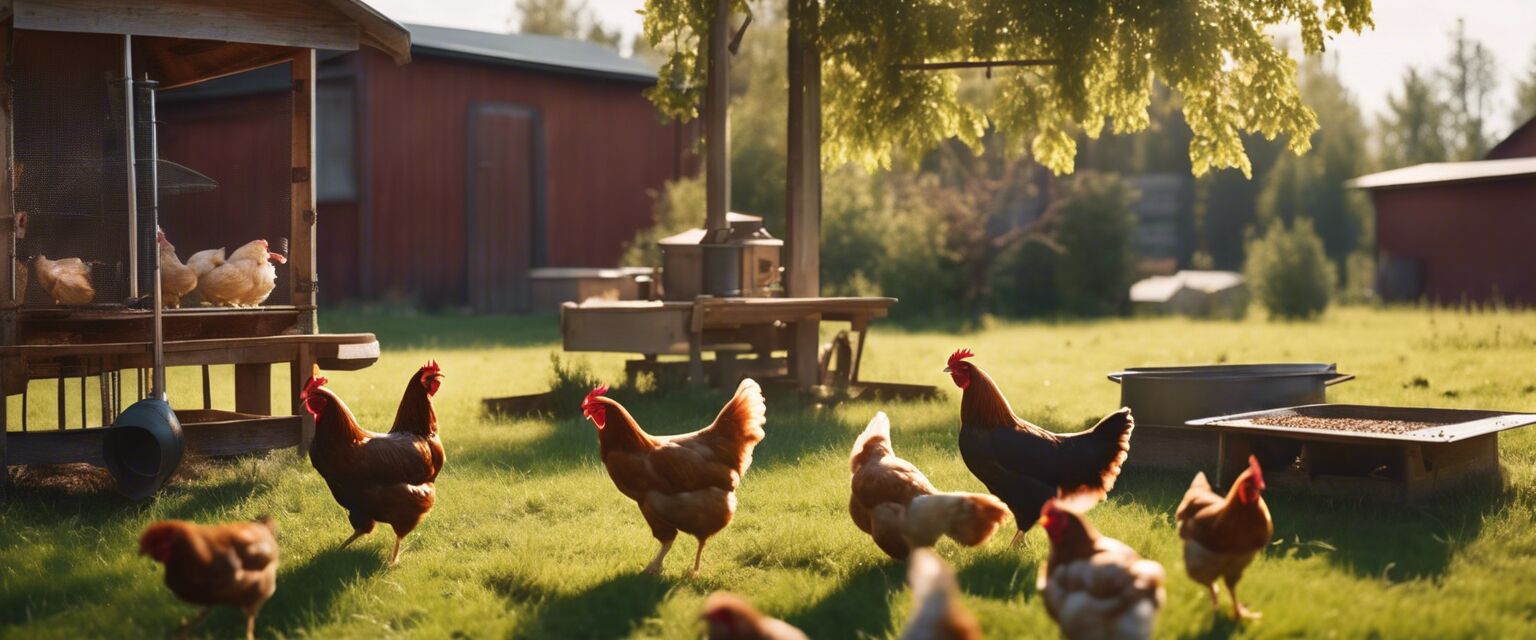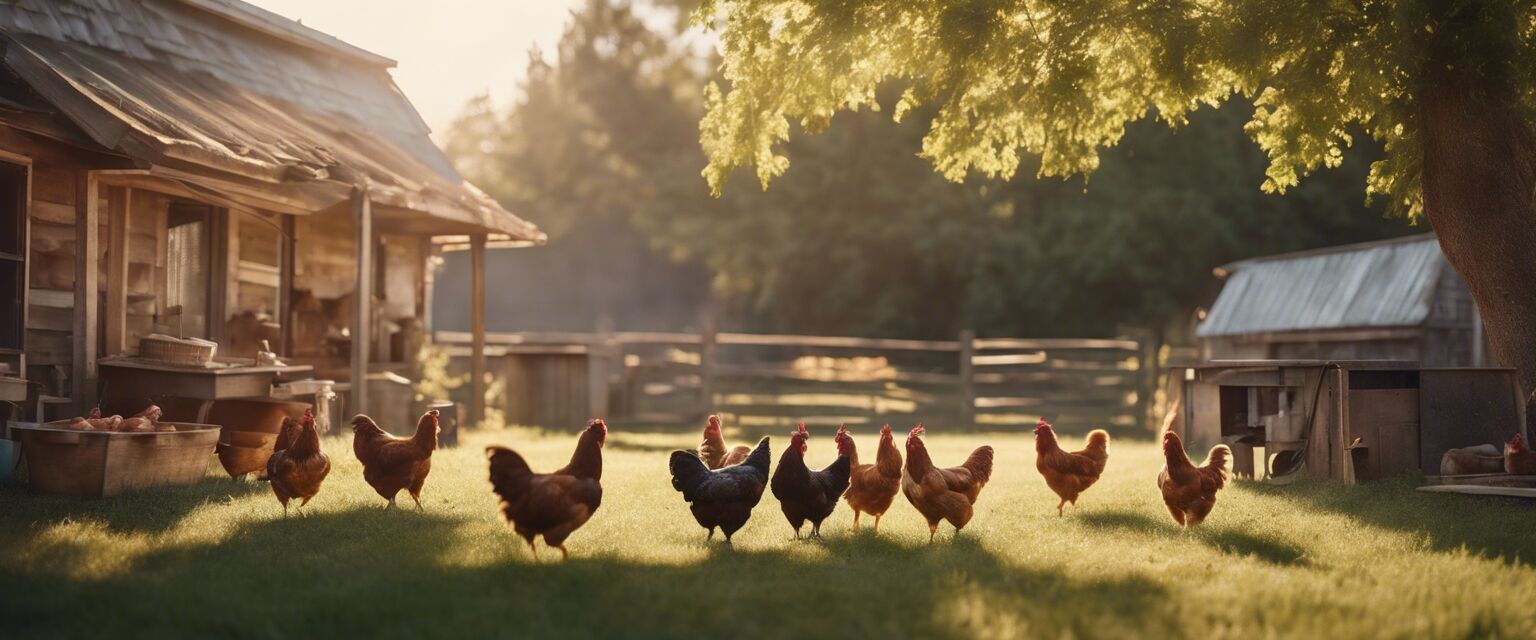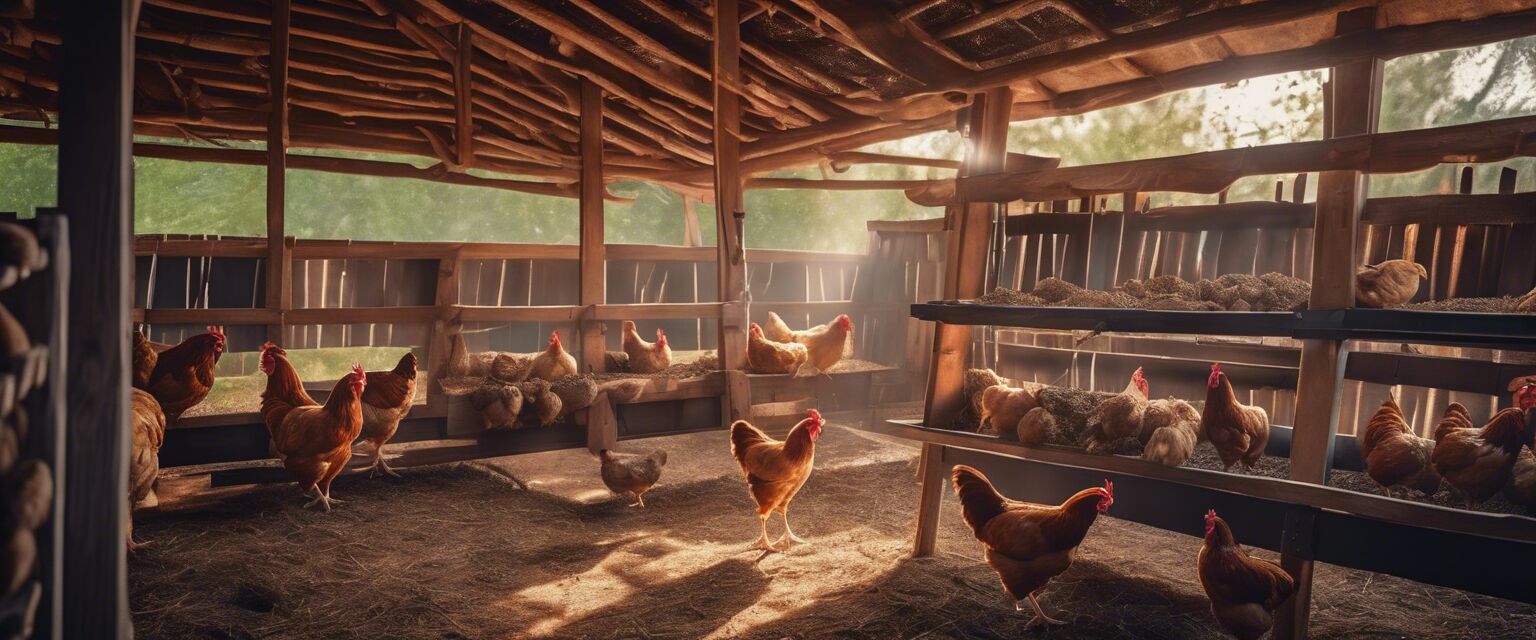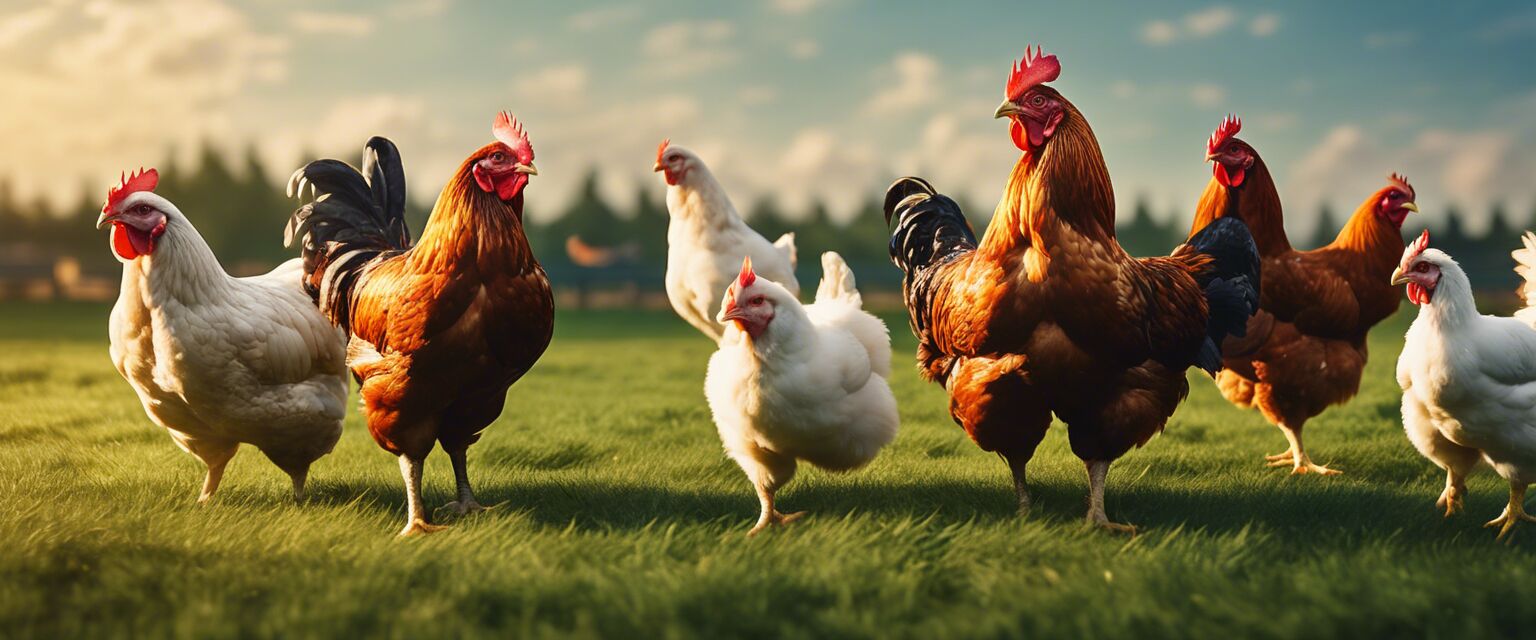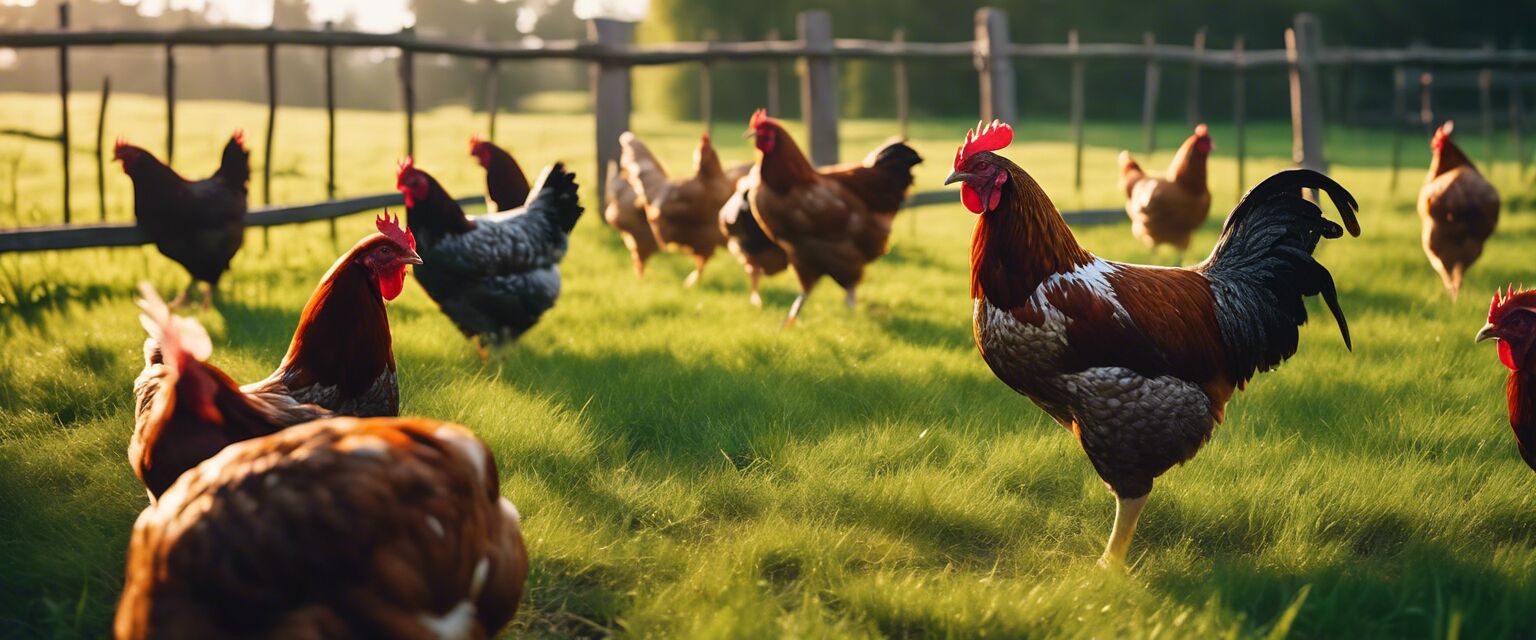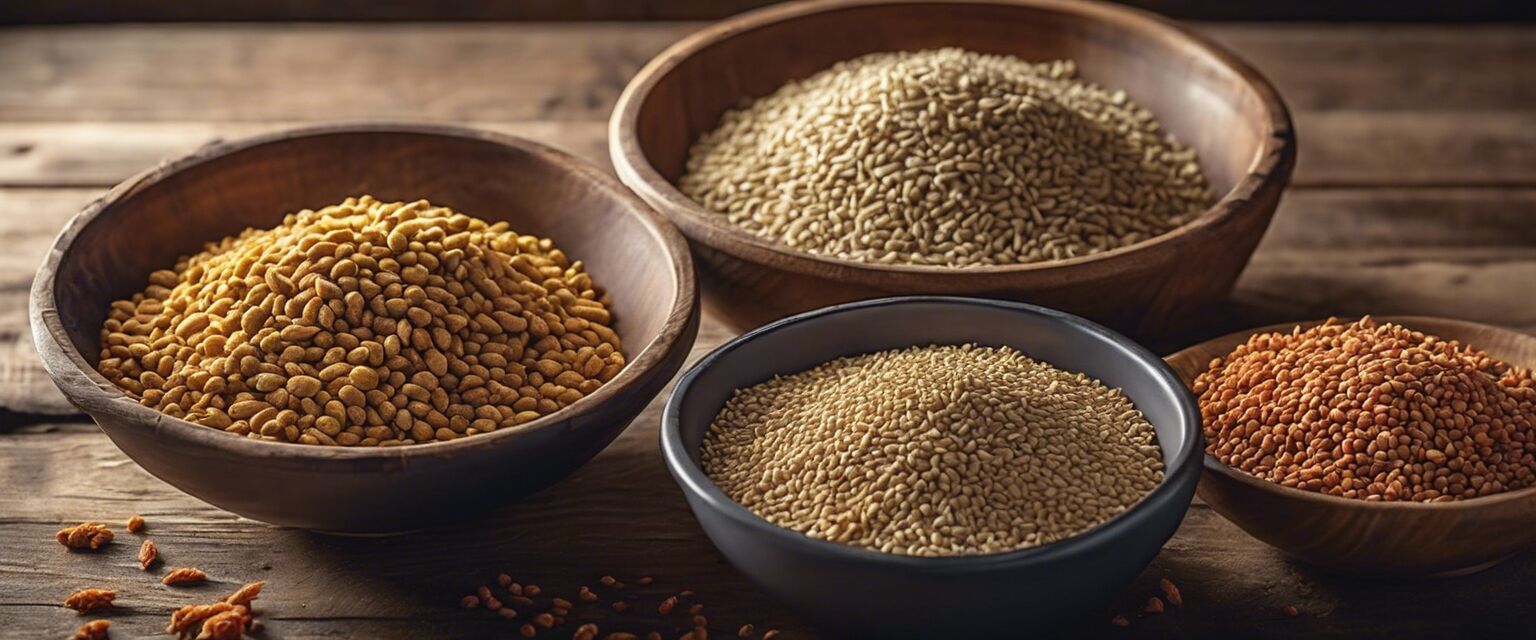
Chicken Feed
Key Takeaways
- Understanding chicken feed types is essential for optimal health and production.
- Nutritional requirements vary based on the chicken's age and purpose.
- Choosing quality feed can enhance egg production and overall well-being.
Feeding chickens properly is crucial to their growth, health, and productivity. With various types of chicken feed available, itâs important to understand their nutritional requirements and the best practices for feeding your flock. This article provides comprehensive information on chicken feed types, their nutritional needs, and tips for selecting the best options for your chickens.
Types of Chicken Feed
There are several types of chicken feed available, each serving different purposes based on the age and purpose of the chickens. Below is a summary of the primary types of chicken feed:
| Feed Type | Age Group | Purpose |
|---|---|---|
| Starter Feed | Chicks (0-6 weeks) | Promotes healthy growth and development. |
| Grower Feed | Young Chickens (6-20 weeks) | Supports muscle and bone development. |
| Layer Feed | Adult Hens (20 weeks and older) | Enhances egg production and shell strength. |
| Finisher Feed | Broilers (meat chickens) | Maximizes weight gain before processing. |
| Scratch Grains | All ages | Supplemental feed for energy and enrichment. |
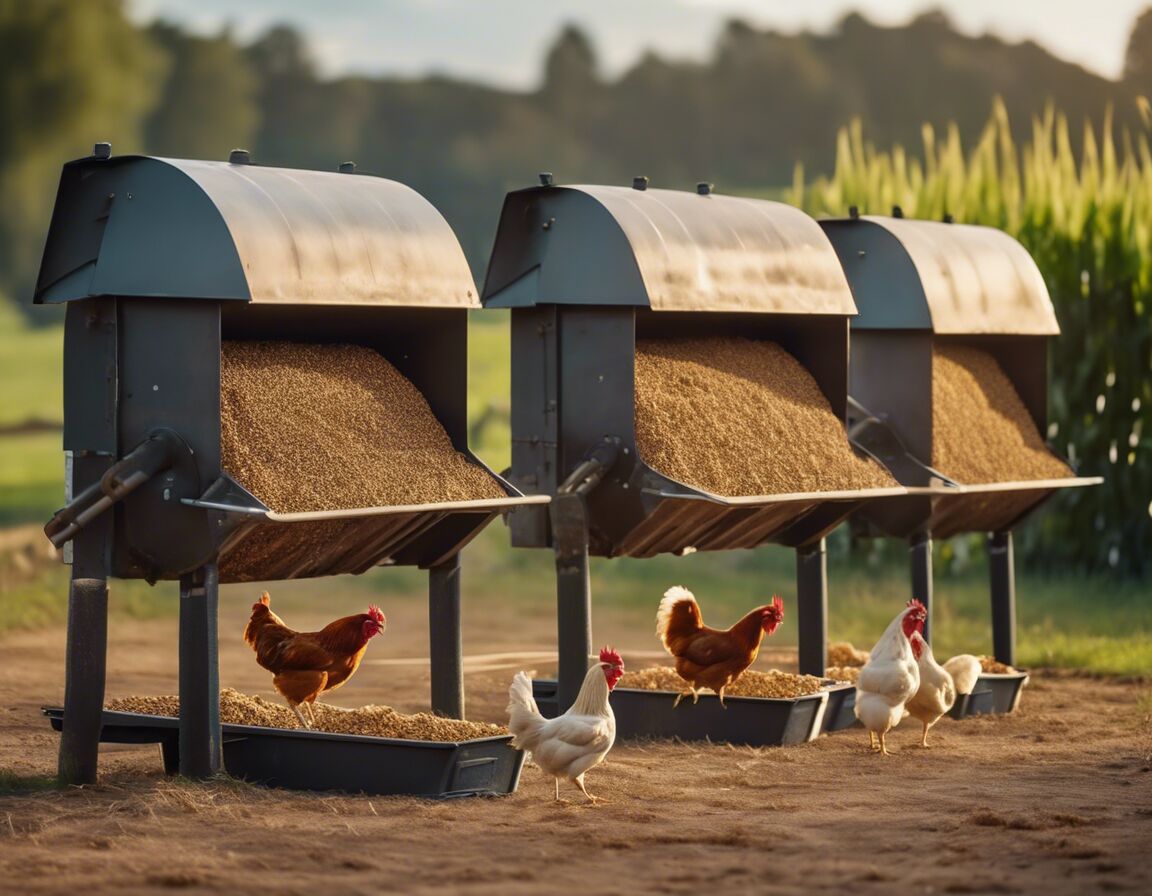
Nutritional Requirements
Chickens have specific nutritional needs that must be met through their feed. Here are the key nutrients required for chickens:
- Protein: Essential for growth and egg production.
- Carbohydrates: Provide energy for daily activities.
- Vitamins and Minerals: Important for overall health and immune function.
Daily Nutritional Requirements
| Nutrient | Required Amount per Day |
|---|---|
| Crude Protein | 16-18% for layers, 20-24% for broilers |
| Calcium | 3-5 grams for layers |
| Phosphorus | 0.5-0.8% of total feed |
Choosing the Best Chicken Feed
Selecting the right chicken feed is critical for the health and productivity of your flock. Here are some tips to consider:
Tips for Beginners
- Choose feed based on the age and purpose of your chickens.
- Look for high-quality ingredients and avoid fillers.
- Consider organic or non-GMO options for healthier chickens.
- Store feed in a cool, dry place to prevent spoilage.
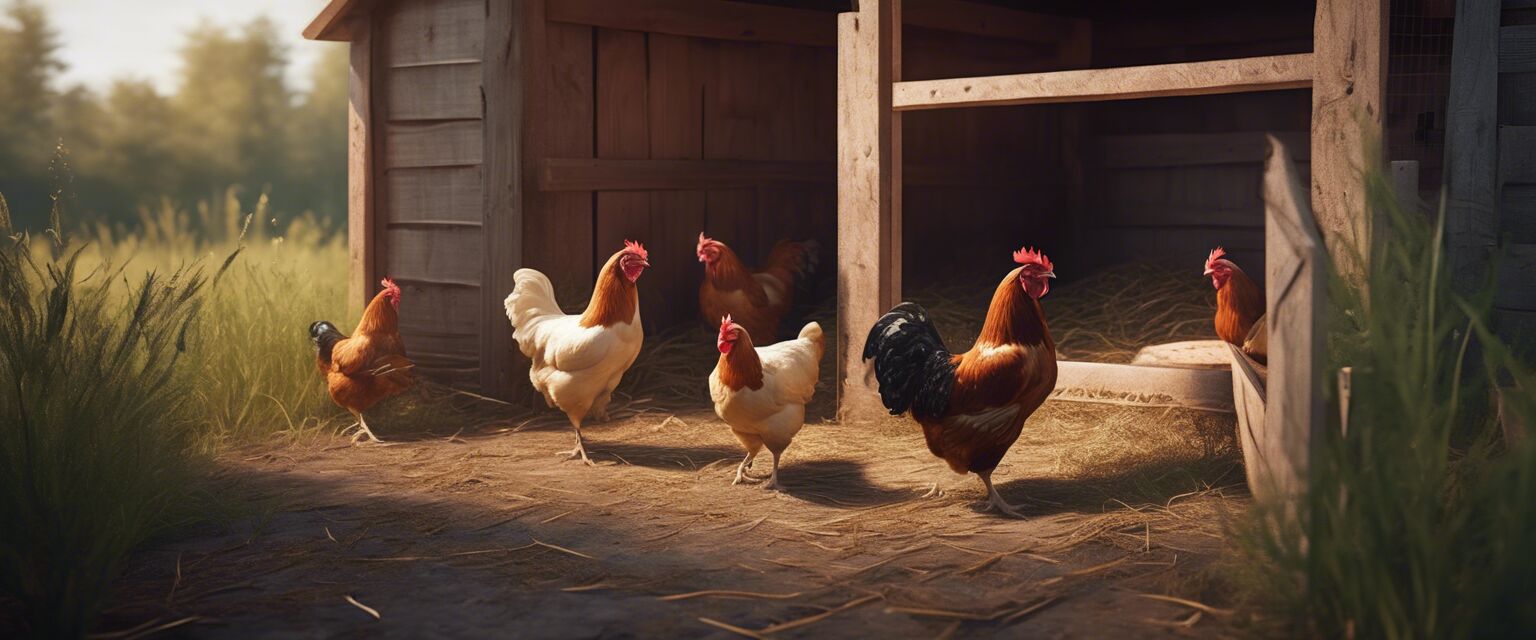
Top Brands for Chicken Feed
While there are many brands available, it is important to choose reputable ones for quality assurance. Here are some popular brands known for their chicken feed:
- Brand A - Offers a variety of organic feed options.
- Brand B - Known for high protein starter feeds.
- Brand C - Specializes in layer feeds with added calcium.
- Brand D - Provides fortified feeds for optimal nutrition.
Conclusion
Feeding your chickens the right feed is fundamental to their health and productivity. By understanding the different types of feeds available and their nutritional requirements, you can ensure your flock thrives. For more tips on chicken care, check out our Chicken Feeders and Nesting Boxes sections. Happy chicken raising!
Pros
- Provides essential nutrients for growth and egg production.
- Variety of feed options available for different life stages.
- Quality feed can improve overall flock health.
Cons
- Higher quality feeds may be more expensive.
- Some chickens may be picky eaters.
- Feeding mistakes can lead to health issues.
